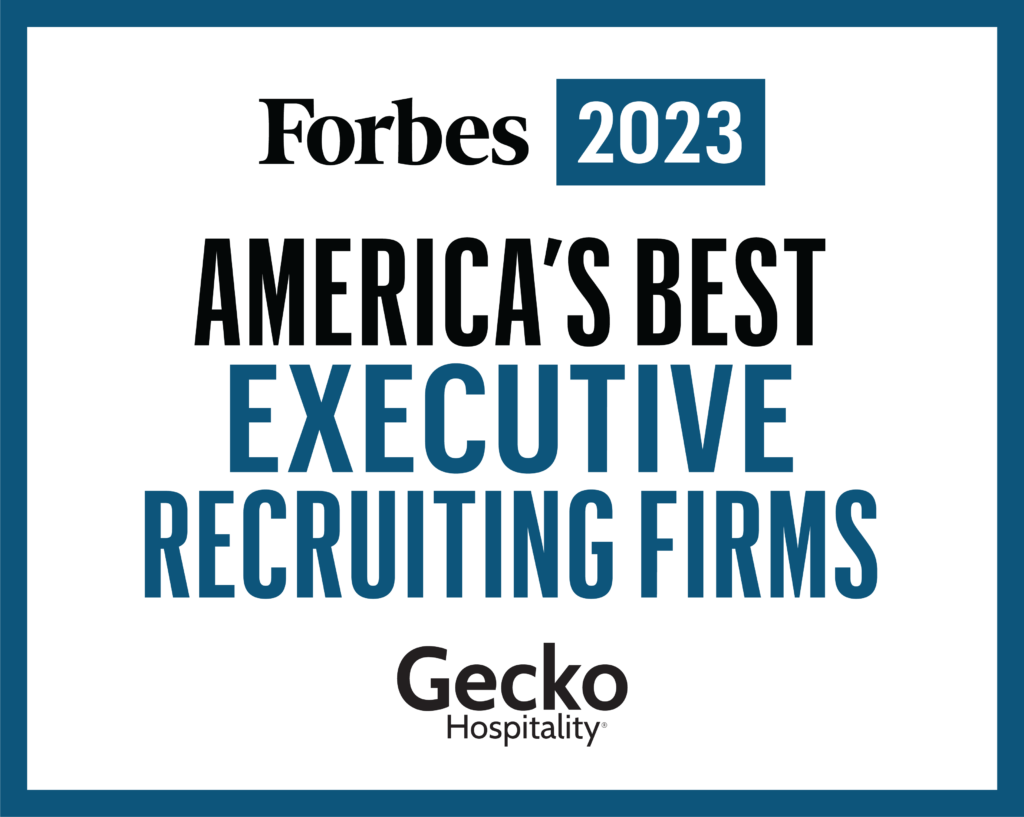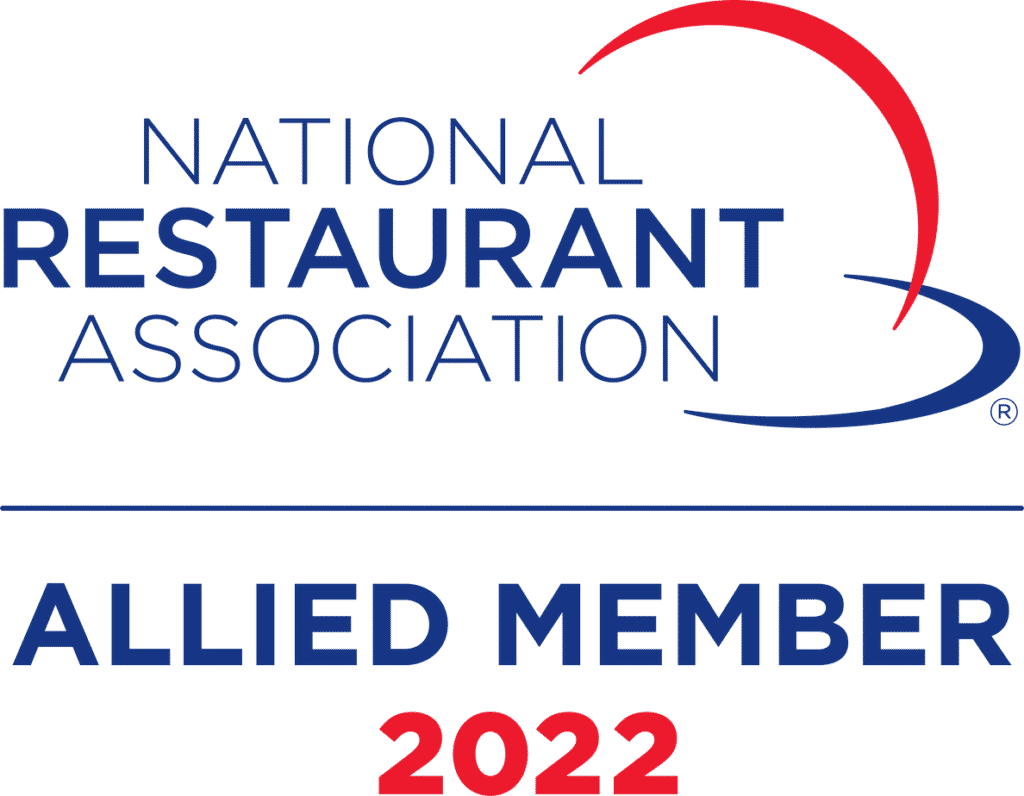The Covid-19 pandemic changed the hospitality world, permanently.
Restaurants, coffee shops, hotels, resorts, communities, senior living, casinos, and mall food courts: many will not survive, and no survivor will ever be the same.
Two hospitality-industry sectors survived 2020 for two distinct reasons:
- QSR and other food facilities with drive-thru options prospered
- Private Clubs were challenged, of course, yet survived the crisis
Creative, professional private club managers literally made lemonade out of the Covid-19 lemons that they were dealt! Their timely, thoughtful responses to club member needs assured that existing members would retain and fund their membership during the worst of times, in order to return to the club and celebrate with fellow members once the pandemic was under control.
Those club members have since invited other family, friends, and neighbors to join their club, whether a fully-amenitized country club, a tennis/pickleball club, a yacht club, and even some in-town social clubs. Nearly all private clubs benefitted from the creativity of their Board and club management ingenuity.
2020 club members continued to enjoy some club benefits throughout the pandemic by ordering and picking up fully prepared meals for at-home consumption, restocking basic households needs when the local market was out-of-stock, restocking the home wine cellar, opening secure private spaces for childcare, opening the golf course as early as allowed by state mandate and generally offering every possible service that club management could.
Most private clubs across the country supported their local first responders with complimentary meals without fanfare, because ‘the club’ cared and could.
Private clubs fared better than any other free-standing social/hospitality businesses and institutions for one simple reason: loyal club members continued to pay monthly or annual club dues to maintain the quality of life that they have achieved. That revenue stream assured that the limited-services-during-Covid-19 club would continue to operate at its high standard, always preparing for club members to return.
The accounting firm of RSM provides analytical and audit services to hundreds of US clubs. Being Florida-based, Gecko Hospitality is fortunate to receive their annual analysis of Florida clubs entitled “2019-20 TRENDS IN PRIVATE CLUBS”; we will highlight two (2) results of that study to confirm the importance and value of active club members, during and after a national crisis such as 2020:
- Florida clubs were funded by an average of 690 members in 2019
- Paying average annual dues of $14,500 per member family
The scale and complexity of private clubs demand well-educated, experienced business managers administering those funds wisely so ‘their club’ always meets expectations. And continual improvement is expected in all areas to make the overall club more satisfying for all members and more inviting to those new members whom they introduce.
The GM/COO position at a private club requires an advanced emotional-intelligence skill set to be successful. And the COO role must be supported by competent specialists in every one of a clubs’ fifteen (15) key manager posts.
We encourage every key manager, GM, and COO to objectively evaluate their entire team to determine the ‘weak link’ in their services chain – yes, every chain has its weak link – and strengthen the chain before their next peak season.
Gecko Partners are standing by to assist in your efforts to assure ongoing membership satisfaction by sourcing and recruiting best-in-class management to strengthen your team. You will find contact information for our 87 regional hospitality specialists at www.geckohospitality.com.
Membership level and annual dues per member data was provided by RSM, in its “2019-20 TRENDS IN PRIVATE CLUBS”, the most trusted source of Florida private club financial data, complied by nine (9) private club finance experts.
Ultimately edited by:
Philip Newman, philip.newman@rsmus.com
Tammy Tassitano, tammy.tassitano@rsmus.com





